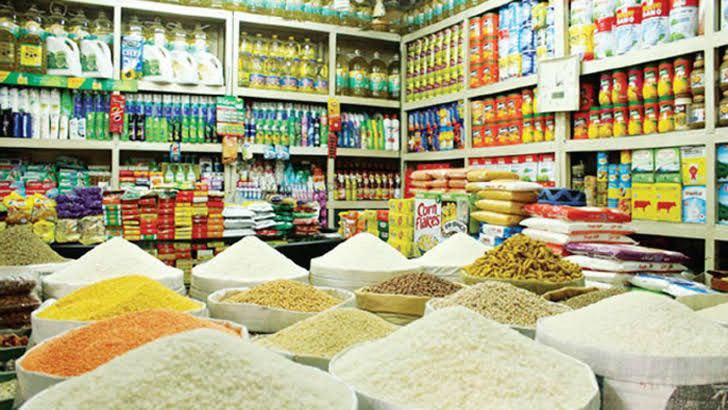
Prices of six Ramadan-dependent commodities – gram, soybean oil, lentil, sugar, onion and dates – have started falling in the market. As a result, the buyer is getting some relief to buy these products. However, the rate at which the price increased did not decrease at the same rate. Even though the nominal price has decreased, the prices of these products have been increased 3 months before the start of fasting. As a result, step by step thousands of crores of rupees have been snatched from the consumers’ pockets.
Market analysts say that now unscrupulous traders do not increase the prices of goods during fasting. 2 to 3 months before the start of Ramadan, dishonest people have increased the price of products. So that no one can say that the price has increased during fasting. Again the price starts to decrease in 10 to 15 days. The market watchdog takes full credit for this price drop. However, in this gap, the dishonest loot the huge profits. And such a situation has been going on for the last 4 to 5 years. Meanwhile, a review of the product price in the retail market showed that in November sugar was sold at Tk 135 per kg, but in December it was sold at Tk 145-150. And in the first fast it was sold for 140-150 taka. However, 17 Roza Thursday is being sold at Tk 135-140. Besides, good quality lentils were sold at Tk 130 per kg in November. 135 rupees were sold in December, and 140 rupees were sold in the first Ramadan. Which the buyer has to buy at the same price till 17 Ramadan. Chickpeas were sold at Tk 85 per kg in November. In December, the price increased to Rs 90-95. 110-115 rupees are sold in the first fast. However, this product is being sold at Tk 105-110 in the retail market on Thursday.
Apart from this, among the edible oils, bottled soybean oil was sold at Tk 168 per liter in November, the price increased to Tk 170 in December and was sold at Tk 170-172 in the first month of fasting. However, the price fixed by the government is reduced to 163 rupees. Tunisian dates sold at Tk 300 per kg in November but sold at Tk 400 in December. And the same dates are sold for 600 taka per kg in the first fast. And Thursday 17 is being sold for 500 taka. Onion was sold at Tk 130 per kg in November but at Tk 135 in December. However, due to the arrival of local varieties in the market, the prices decreased slightly and were sold at Tk 90-100 in the beginning of February. In March, the price increased again and was sold at Tk 120. However, the news of import of onion from India and supply of indigenous varieties to the market increased on 17 Roza, selling at Tk 50-60 per kg.
Come to Nayabazaar to buy daily products. Zahidul Islam said that the price of products in the market has started to decrease. However, the prices of the products which are falling were already surplus. It was observed that the rate at which the price rose, did not fall at the same rate. Again, the prices of some other products are increasing around Eid. In that case we the consumers are somewhat relieved but the suffering is not leaving behind.
Tuhin, a trader in the same market, said that the price of soybean oil has fallen due to the government fixing the price of edible oil. Besides, the demand for buying chickpeas has reduced the wholesale price. As a result, prices in the retail market are also decreasing. Sugar supply from mills increased and prices fell slightly. Besides, lentils are still being sold at a higher price.
Consumers Association of Bangladesh (CAB) president Golam Rahman told Jugantar that dishonest traders increase the prices by syndicating each product at different times of the year. However, some religious festivals regularly raise the prices of some products during fasting or Eid, making the consumer uncomfortable. This time also the picture in the market is the same. However, since several years, sellers do not increase the price of goods during Ramadan. 2 to 3 months before the start of fasting, increase sales. After 10 days of fasting, the price starts to decrease. And this picture has been seen for the last few years. No one is taking action. And during this period dishonest businessmen are making thousands of crores of profit by cutting the pocket of consumers. Therefore, in order to bring out the consumer from this suffering, the law must be used to the maximum extent besides strengthening the campaign in the market from 2 to 3 months before the start of fasting.
AHM Safikuzzaman, director general of the National Consumer Rights Protection Agency, said that market supervision has been strengthened by the Directorate since the beginning of fasting. Due to which the price of some products has become bearable to the consumer. Moreover, irregularities have been brought under the law. No one was exempted. However, due to shortage of manpower, many things are not possible despite the desire.

 Reporter Name
Reporter Name 


















